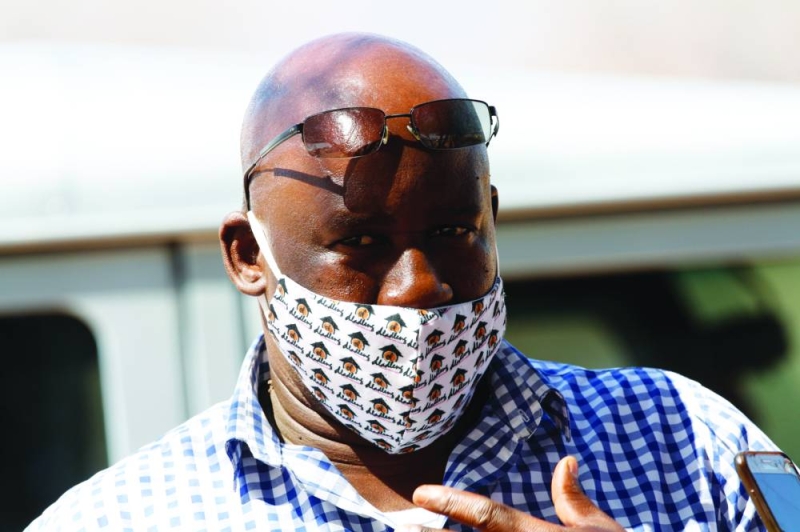Dikgosi call for recognition of 'Kgosikgolo'
Innocent Selatlhwa | Tuesday July 26, 2022 06:00


Making a presentation before the commission in Gaborone last week, Kgosi Oscar Mosielele of the Moshupa region said they want the word ‘Kgosikgolo’ to be included in the Constitution to reflect the existing hierarchy of bogosi.
Only Dikgosikgolo will then make it to Ntlo Ya Dikgosi while others will be deployed to regional houses.
According to Mosielele, to strengthen the existing structure of bogosi, Ntlo ya Dikgosi proposes a new structure adopted from the Ghana Chieftaincy Model. The model recognises bogosi and places it in a three-tier system with varying levels of authority of Traditional Councils, Regional Houses, and the National House.
“Ntlo ya Dikgosi proposes a two-tier system as follows; Regional Houses will provide a platform for Dikgosi at the regional level and allow them to hold meetings to discuss bogosi and other issues of pertinence and National House where only Dikgosikgolo will meet to represent their tribes at Ntlo ya Dikgosi. In cases where tribes have not yet concluded consultations and/or identified their Kgosikgolo, a provision will be made to allow representation in the House until tribes have appointed their Kgosikgolo,” he said.
Mosielele said because of the size of the population of Ghana and the varying regions, representation numbers in these houses are determined by Parliament.
Ntlo Ya Dikgosi proposes that in the case of bogosi in Botswana, the existing system of the Regional Electoral College in Section 78 may be maintained with amendments to address the new system.
“The following will be some of the functions of Regional Houses; advises on any matter relating to the chieftaincy in that particular region; hears and determines appeals over chieftaincy issues from tribes within respective regions; compiles customary laws and lines of succession in the region; promote culture and its preservation as well as oversees cultural activities in the region; advance aspirations of traditional leadership at the regional level; and has appellate jurisdictions done by an appointed Judicial committee with three Chiefs and a lawyer recommended by Attorney General,” he said.
On the National House, Mosielele said in the case of Ghana, five representatives are elected from each region to represent them in the National House.
Ntlo Ya Dikgosi proposes that after undergoing extensive consultation with the nation, each tribe may then send a representative in the form of Kgosikgolo to represent them at the National House.
“The functions of the House will include amongst others; to advise on any chieftaincy matter to any person/tribe/authority under the Constitution; undertake progressive study, interpretation, and codification of customary law to create a unifying system; have original jurisdiction in all matters of a paramount seat; and compile customary law and lines of succession for each region,” he said.
Furthermore, he added that the House has appellate jurisdiction in any chieftaincy matter done by Regional Houses; establishes a Judicial Committee whose composition shall include a lawyer; adjudicates chieftaincy cases through tribunals and make pronouncements on matters affecting chieftaincy.
“Inquires into, rationalises, and documents customary law and the lines of succession; eliminates socially harmful or inhumane customs and practices; considers bills referred to it by Parliament; eliminates or modifies outmoded custom practices to bring them to alignment with modernity statutory law concepts of civil and human rights without undermining the relevance of the customs,” he said.
Ntlo Ya Dikgosi believes that through the establishment of these two levels of representation, a fairer and more inclusive model of bogosi will ensure equal representation of existing tribes and a more strengthened channel for national unity and community development.
Meanwhile, Mosielele also said they believe that establishing bogosi as the Fourth Arm of Government will recognise the foundation of governance that bogosi has carried from the pre-to postcolonial era in the country’s tenets of botho, nation-building, and unity.
